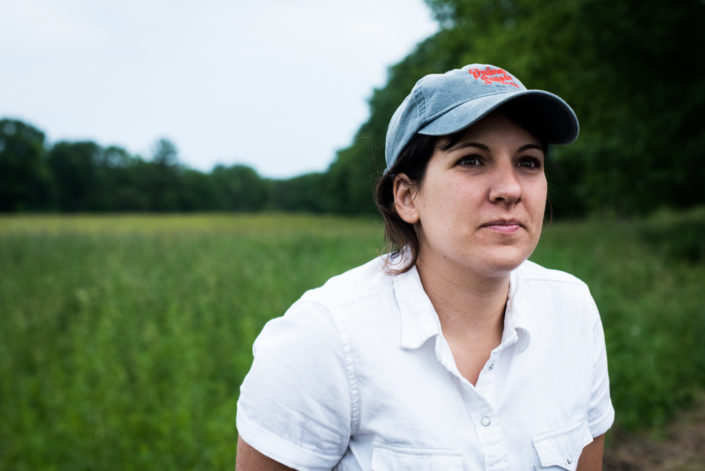Food Systems Impact Climate Change
Supporting regenerative agriculture will make a difference.
I received a lot of positive feedback (thank you!) from our most recent newsletter in which I shared my thoughts about the importance of shopping local and keeping your dollars in our local economy and food systems. I thought it would be meaningful to continue on that theme following the release of the newest report from the U.N.’s Intergovernmental Panel on Climate Change (IPCC). The report warns that we must urgently address global warming as “There is a rapidly closing window of opportunity to secure a livable and sustainable future for all…The choices and actions implemented in this decade will have impacts now and for thousands of years.” And btw, if you’re not up to speed on the report and issues I’m referencing, this article from Civil Eats is a great primer.
“Climate change is making it harder for farmers to produce food, and those challenges will likely get worse due to declining crop and fishery productivity and losses from events like droughts and flooding. They emphasized that adaptation within the food system is possible only if it happens extremely quickly and that the most effective solutions identified would work with natural processes to also preserve biodiversity and resilient ecosystems.”
–Lisa Held, via Civil Eats
This isn’t a new topic of thought for me. Back in 2021, The Philadelphia Inquirer asked me to participate in an op-ed debate about whether cutting meat from our diets is a solution for curing the health of the planet. And while the answer is complicated, to me some of it is quite simple, and I would make the same argument today. We should eat less meat, but more importantly we should eat better meat. Opting out of industrial, resource-intensive food systems, and instead opting in to localized food systems that support regenerative agriculture will make a difference.

“I founded Primal Supply Meats to build up a local supply chain and establish a market for pasture-raised meats in Philadelphia. I didn’t do this so we could eat more meat. I did this so we could support farmers who are committed to regenerative agriculture — farming practices that return resources to the Earth rather than depleting them. By integrating livestock into farmland the right way, it is possible to improve soil quality, increase biodiversity, and capture carbon, all of which restore the environment.”
–Heather Marold Thomason, via The Philadelphia Inquirer
So once again, I guess I’m really here to remind you that your food choices do matter! Our local food systems not only have a significantly smaller carbon footprint (your meat travels only from the local farm where the animals were born and raised, to a nearby processor, and then direct to us here at Primal Supply in Philadelphia), but also support farmers and growers that make a positive impact on our climate and planet. If we want to have a chance at a healthy and sustainable future, we must all take this into consideration in our daily lives and practices. Let’s do it together.
Thank you for supporting your local food system,
Heather